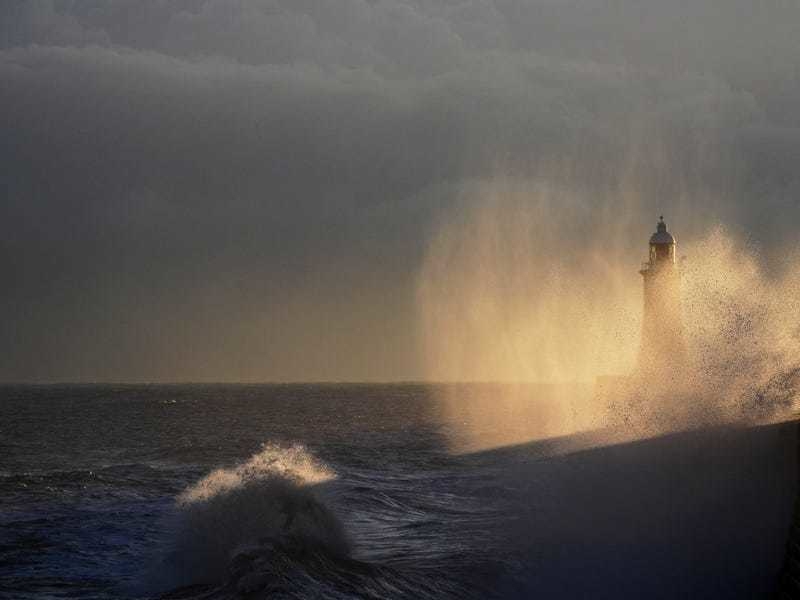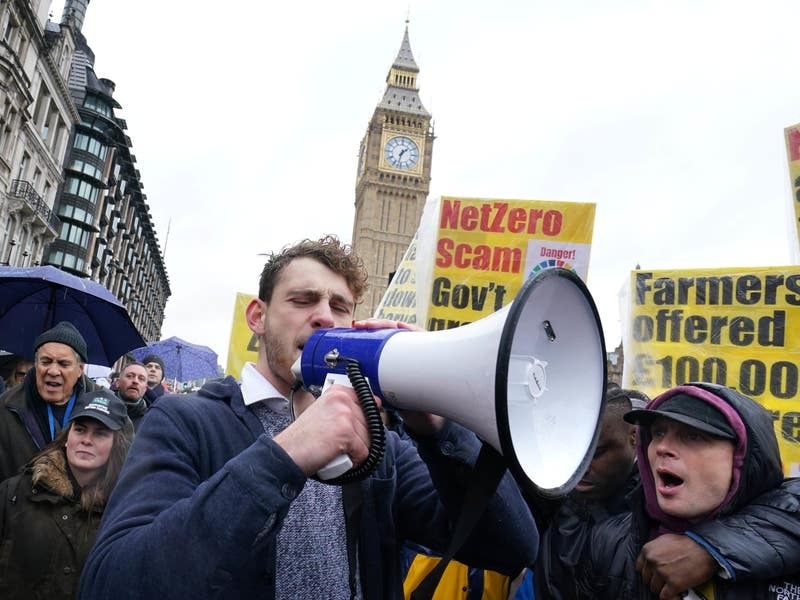The Archbishop of Canterbury has misunderstood the aims of the Government’s plans to send migrants to Rwanda in criticising the new policy, a Cabinet minister has said.
Plans announced by ministers this week have been deemed ungodly by religious leaders, with Justin Welby claiming sending migrants to the African country would not stand up to the scrutiny of the Lord.
In his Easter sermon, the archbishop said “sub-contracting out our responsibilities, even to a country that seeks to do well, like Rwanda, is the opposite of the nature of God who himself took responsibility for our failures”.
Speaking on Radio 4’s The World This Weekend programme, he said: “I think he misunderstands what the policy is trying to achieve, and that it isn’t an abandonment of responsibility, it is in fact a taking on of a very difficult responsibility.
“The problem that is being dealt with is that people are risking their lives in the hands of people traffickers, to get into this country illegally. Now, it’s not the illegal bit of it, it is the encouragement of people traffickers that needs to be stopped.”
He said “90% of people coming are young men who by coming via people traffickers are jumping the queue for others”.
Mr Rees-Mogg added: “They are in doing so not only risking their lives but supporting organised crime. What we need to do is focus on legal routes into this country, of which there are quite a number.”
It comes as an exchange of letters published by the Home Office on Saturday night showed the department’s Permanent Secretary Matthew Rycroft warned Home Secretary Priti Patel that although the policy was “regular, proper and feasible”, there was “uncertainty surrounding the value for money of the proposal”.
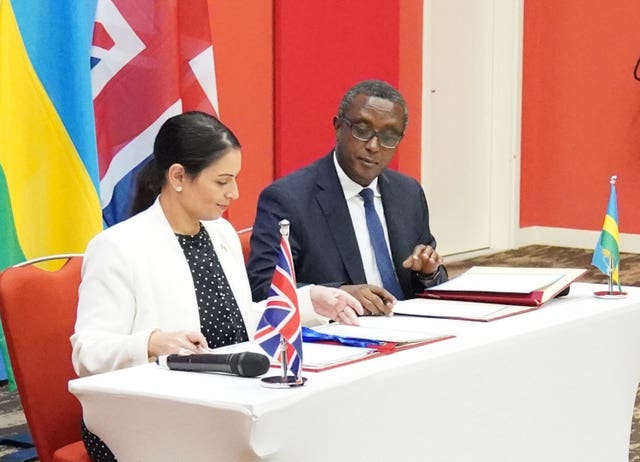
Under the plans, which the Government said will curb migrant crossings of the English Channel in small boats, people who are deemed to have entered Britain by unlawful means since January 1 may be sent to Rwanda, where they will be permitted to apply for asylum in the African country.
But Mr Welby said there are “serious ethical questions about sending asylum seekers overseas”.
He said: “The details are for politics. The principle must stand the judgment of God, and it cannot. It cannot carry the weight of resurrection justice, of life conquering death. It cannot carry the weight of the resurrection that was first to the least valued, for it privileges the rich and strong.”
He was joined in his criticism by the Archbishop of York Stephen Cottrell, who used his Easter Sunday sermon at York Minster to describe the policy as “depressing and distressing”.
He said: “We can do better than this. We can do better than this because of what we see in Jesus Christ, the risen Christ, with a vision for our humanity where barriers are broken down, not new obstacles put in the path.
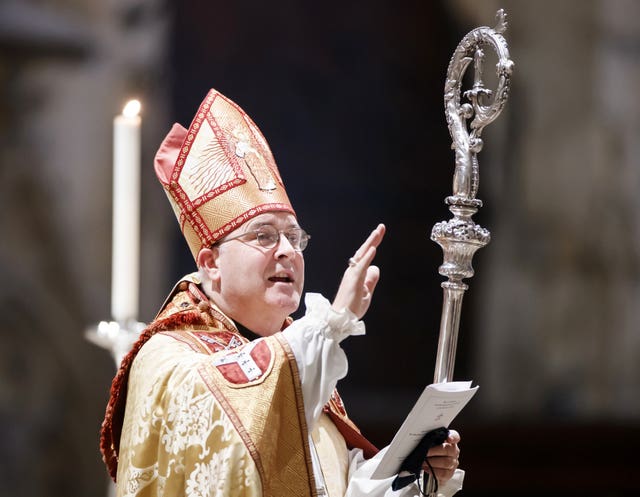
“Do we want to continue to be known as a country that opens proper, legitimate pathways for all who flee violence, conflict and oppression, not just those from Ukraine, but also those fleeing other conflicts and the effect of climate change?”
However, Mr Rees-Mogg suggested the plans may also be an opportunity for Rwanda.
He said: “What is being done is providing an opportunity for Rwanda because it will provide Rwanda, a country that needs support and has gone through terrible troubles… and the Rwandan story is almost an Easter story of redemption, isn’t it?
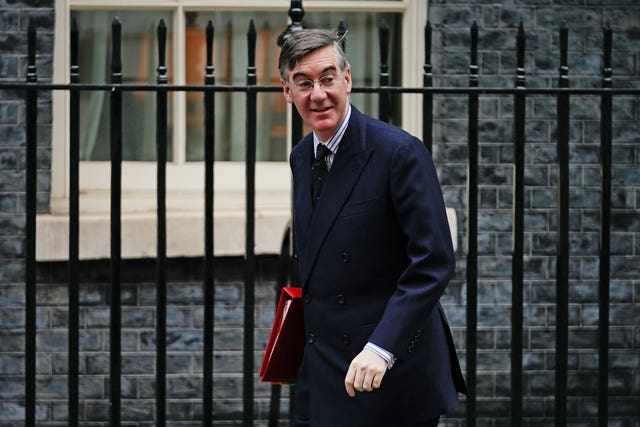
“It helps people come through legitimate routes and I think the aim of the policy – within Christianity intention is always very important – and the intention of the Government is to do good.”
The Home Office insisted the UK has a “proud history” of supporting those in need and that Rwanda is a “fundamentally safe and secure country with a track record of supporting asylum seekers”.
The policy has enjoyed some support from Conservative MPs, who say the issue of small boats crossing the Channel is high on the priority list for constituents.
However Tory MP for Sutton Coldfield and former minister Andrew Mitchell said although he had “enormous sympathy” with the Government, the policy was unlikely to achieve its aims.
He said: “What I’m worried about with the Rwanda policy is it won’t achieve what they are after, it’s also likely to be horrendously expensive, and we have to have a great care at this time for taxpayers’ money.”
He added: “The public are right to say we do not want feckless benefits seekers masquerading as economic migrants trying to come to our country illegally and without permission and of course, we all sign up to that.
“And if they’re processed here, and they’re found not to have a case for asylum, then by all means, send them off to a third country that will take them.
“But the danger is that we won’t be doing what we have always done since the 16th and 17th century with the Huguenots through the Syrians, as I said, under David Cameron, through the Ukrainians now. We won’t have been a beacon in a terrible and difficult world for those fleeing persecution who can always rely upon the Brits – where they are genuinely fleeing persecution – to come to the rescue.”
Ms Patel said she expects other countries to follow the UK’s example, suggesting Denmark could be among those to reproduce the Government’s “blueprint”, while the Home Office insisted its approach is not in breach of refugee agreements.



